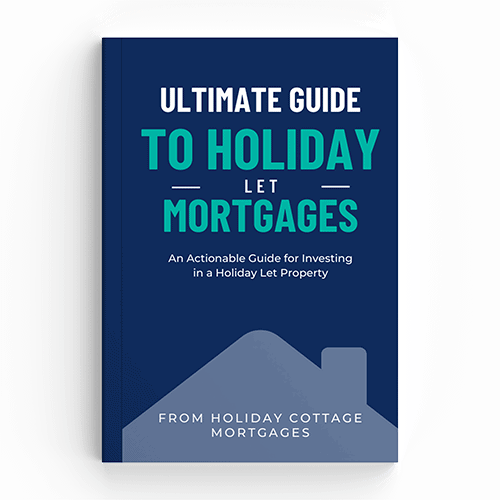As a holiday let landlord, your outgoing costs can add up considerably – agents fees, housekeeping, general repairs and maintenance, the list goes on. To maximise your annual profit, it’s all about being savvy with spending and saving where possible. While you cannot completely avoid paying tax, in this article, we will share our top seven tips for legitimately reducing tax on your holiday rental income.
1. Set up a limited company
It might take more effort initially but setting up a limited company allows you more control over how much income tax you have to pay each year. Without a limited company, as a landlord, you must declare your entire yearly rental profits when you fill out your tax return and pay the resulting income tax bill in full.
If, on the other hand, you have set up a limited company, you only have to pay income tax on the money that you personally take out of your company by way of salary and dividends. For example, in one year, your holiday let property could generate £20,000. If you decide to leave all of these earnings within your limited company, you wouldn’t be liable to paying any income tax on them. You can then withdraw the money at a time which benefits you.
In this case, you could avoid hitting a higher tax threshold by having to add £20,000 to your tax bill. You could instead withdraw £10,000 for example and just pay tax on that. Alternatively, withdraw nothing at all if you don’t need to!

2. Offset legitimate expenses
While we have to emphasise the word ‘legitimate’, as a landlord you shouldn’t be shy when it comes to declaring expenses – they add up quickly and can be offset against your profits. Allowable expenses include:
- Repairs and maintenance
- Gardening and housekeeping
- Agency and marketing fees
- Insurance and bank charges
- Utility bills
3. Claim capital allowances
In the same way that you can declare your expenses, as a landlord you can claim capital allowances. If you purchase an item that is considered genuine capital for use in your holiday let property, you can deduct the value from your profits. Capital allowances include:
- Furniture and furnishings such as sofas, beds, or curtains
- Fixtures such as fitted kitchens or bathrooms
- Features such as air conditioning and heating systems
You should consult your accountant to confirm these items especially following the changes to the Furnished Holiday Let rules from April 2025.
4. Split the profits
If you own your holiday let property as a husband-wife team, you don’t have to split your annual rental profits 50/50. Instead, there’s the option to split the profits as you wish, which can be a great way to manage and reduce your income tax.
For example, if one spouse earns significantly more than the other and wants to avoid hitting the next tax bracket and an even higher tax bill, the profits could be distributed 70/30 or 80/20 in a way which is most tax efficient.
Note: this may change in April 2025 when the Furnished Holiday Let rules are removed – check with your accountant.

5. Fully offset finance costs
Unfortunately, the ability to offset your mortgage interest against your rental profits will be removed in April 2025.
6. Benefit from business rates
As furnished holiday let properties are classed as a business in the eyes of HMRC, you will be subject to paying business rates instead of council tax. In itself, this may allow for a significant reduction on your tax bill, as business rates for average sized properties work out cheaper than council tax. Larger properties, however, could be more expensive!
What’s more, some property owners can benefit from small business rates relief, which allows them to pay either lower business rates or complete exemption from paying them. The amount you are liable to pay depends on your property’s rateable value; if it is calculated to be less than £15,000, and this is your only furnished holiday let, then you should be eligible for small business rates relief.

7. Be clever when you sell
It might seem like a long time away, but when it comes to selling your holiday let property, you can benefit from various capital gains tax benefits. These include what’s known as business asset disposal relief (formerly entrepreneur’s relief), which allows for huge tax savings, reducing the capital gains tax on the sale to just 10%.
Don’t forget…
Although we have knowledge around this topic, we are not regulated to give any tax advice, so please make sure you speak to your professional advisors before taking any action.

Get your copy today!
Free eBook: The Ultimate Guide to Holiday Let Mortgages
FCA disclaimer
The information contained in this article is accurate at the time of writing, based on our research. Rules, criteria and regulations change all the time and so please speak to one of our Consultants to confirm the most accurate up to date information. Nothing in this article constitutes financial advice. You understand that by clicking any external links on this page that you will be leaving the website of Holiday Cottage Mortgages and we cannot be held responsible for the content of this external website. Please always consult your accountant or solicitor for all financial, taxation or legal matters.